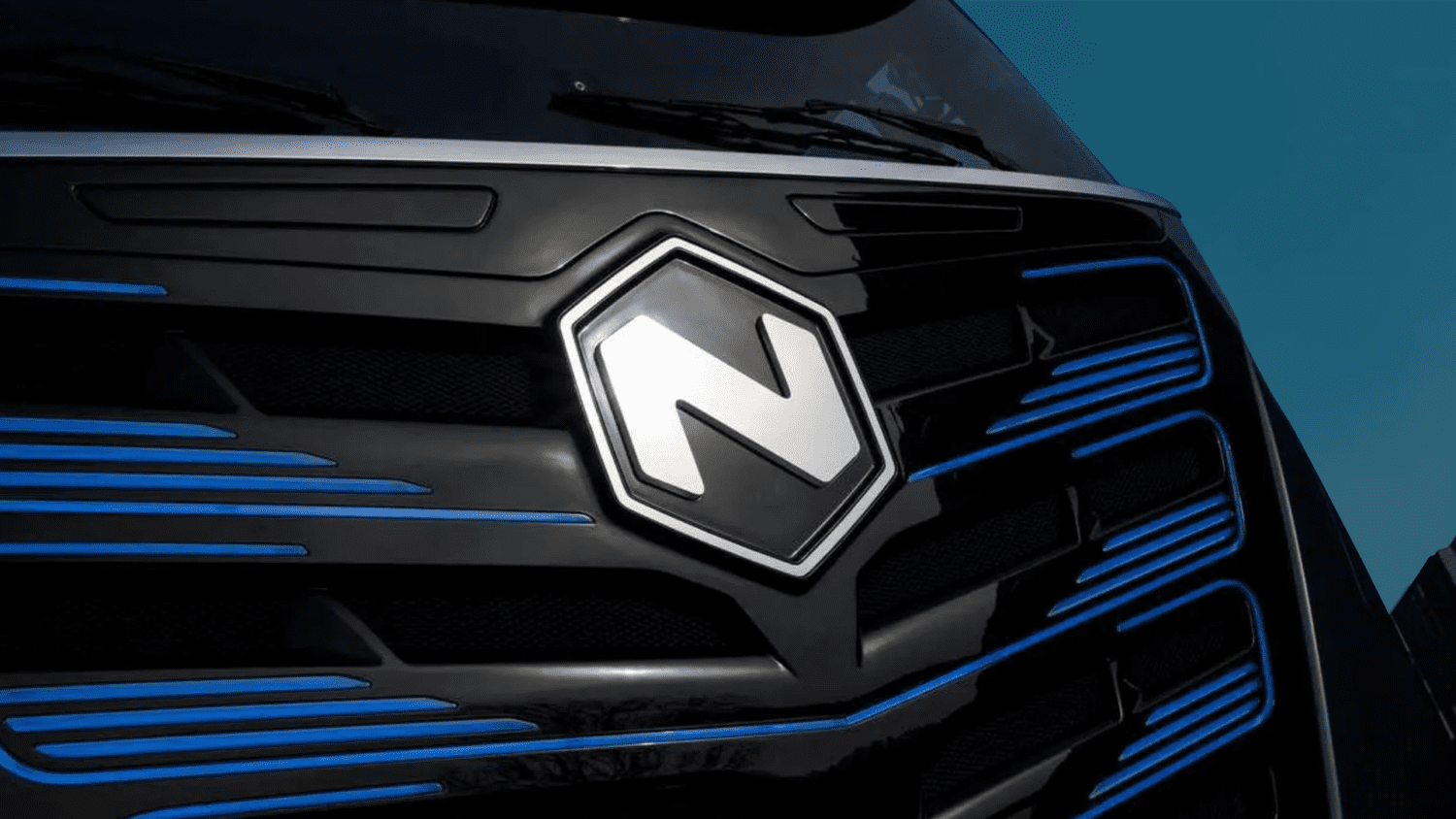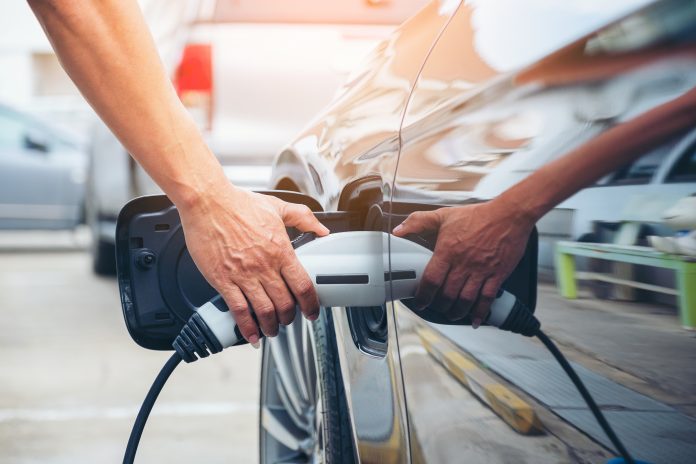Goldman Sachs believes the Biden Administration’s Inflation Reduction Act could breathe new life into the U.S.’s green energy infrastructure.
In an interview with CNBC, Michele DellaVigna, a regional Commodity Equity Business Unit Leader at the investment firm, said the law signaled a “turning point” for green energy development.
Outside of the EV market, renewable and zero-emission fuel alternatives have historically failed to generate revenue on a national scale, causing infrastructure replacement efforts to stagnate. Research and development have consequently remained underfunded due to their high cost, preventing critical advancements in green energy infrastructure. Hydrogen fuel cell research has arguably suffered the most over the years.
 |
Hydrogen is a bottomless resource due to its existence across the universe. However, to be used as a fuel source, it must be in a gaseous state, which rarely occurs naturally, and requires great expense to manufacture. Worst of all, the amount of emissions created during the manufacturing process far outweighs the current ecological benefits of hydrogen power.
However, many researchers still believe hydrogen has potential to compete with lithium battery technology in EVs, or coal and gas powered electricity plants. Honda has gone so far as to introduce a second hydrogen powered car model. Goldman Sachs seems to share this sentiment, despite prior misgivings, thanks to the Inflation Reduction Act’s generous provisions. The bill offers tax credits to hydrogen producers, which would save companies millions in costs.
The U.S. auto-industry perhaps stands to gain the most from these tax incentives. Many automakers have promised to phase out gas-powered vehicle within the next two decades, and are spending billions to achieve their goals. However, they are essentially gambling on the technological advancements in electricity production to support widespread adoption of EVs, which many believe is risky at best. Yet with the Biden Administration’s efforts, and the vote of confidence from Goldman Sachs, the odds have grown in their favor. A cheap, renewable green energy infrastructure may yet be a possibility in the coming decades.
Did you enjoy this article? Please share your thoughts, comments, or questions regarding this topic by connecting with us at newsroom@cbtnews.com.
Be sure to follow us on Facebook, LinkedIn, and TikTok to stay up to date.
While you’re here, don’t forget to subscribe to our email newsletter for all the latest auto industry news from CBT News.




